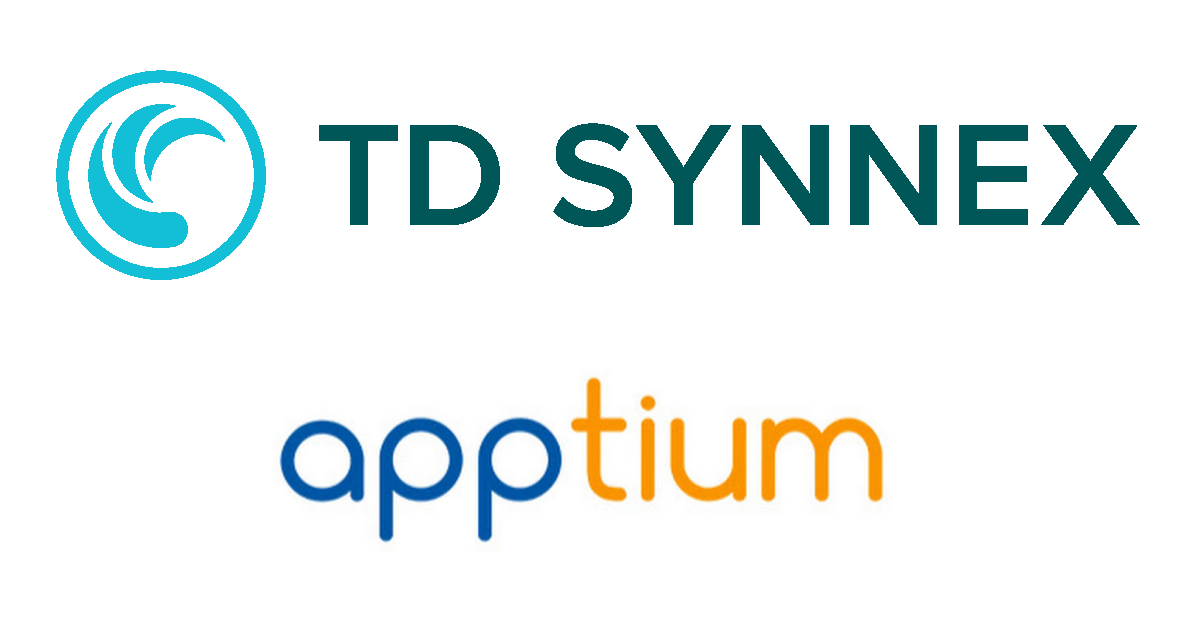The implications of the bring your own device (BYOD) trend, data loss and data control are among the most critical security concerns among IT professionals, according to a new industry study that reveals significant obstacles remain to ensuring effective cloud security.
While 65 percent of respondents’ organizations are already using cloud services, less than half (46 percent) have moved mission-critical applications and data outside the enterprise, based on findings from AccelOps, Inc., a provider of integrated security information and event management (SIEM). The study surveyed 176 IT security professionals conducted online and at the RSA Conference 2013.
Surprisingly, 39 percent of respondents believe that their existing SIEM and infrastructure monitoring tools are not acceptable to support their cloud security and regulatory compliance requirements. Other top security concerns include enforcing security policies and ensuring visibility across both traditional and cloud infrastructures.
Flint Brenton, president and CEO of AccelOps, said the findings are a “sad indictment” of the security industry that, in such a well-established market as SIEM and performance monitoring, 39 percent of those surveyed indicated they could not rely on their existing SIEM and monitoring solutions to ensure cloud security and compliance.
“There is much work to be done to ensure that security threats and the risk of data loss associated with cloud environments are minimized,” Brenton added in a statement. “The myriad of cloud services and an ever-changing BYOD landscape means we can no longer simply lock down access to sensitive resources; we have to do a better job of monitoring, correlating and analyzing infrastructure behavior and events to recognize and respond to incidents in real-time.”
The survey also revealed the responsibility for cloud security remains overwhelming for 78 percent of internal IT staff and only 13 percent of those surveyed hold their managed service providers (MSPs) responsible for cloud security.
While 51 percent of respondents indicated that they are moderately to extremely satisfied with the service level agreements (SLAs) offered around security and access control, a surprising 41 percent indicated they were neither satisfied nor dissatisfied with their SLAs.
“The promise of cloud computing is to improve agility and deliver greater efficiencies and cost savings,” Brenton concluded. “However, unless risk can be managed and data secured effectively, organizations will not fully benefit from the advantages of the cloud.”
Edited by
Jamie Epstein






